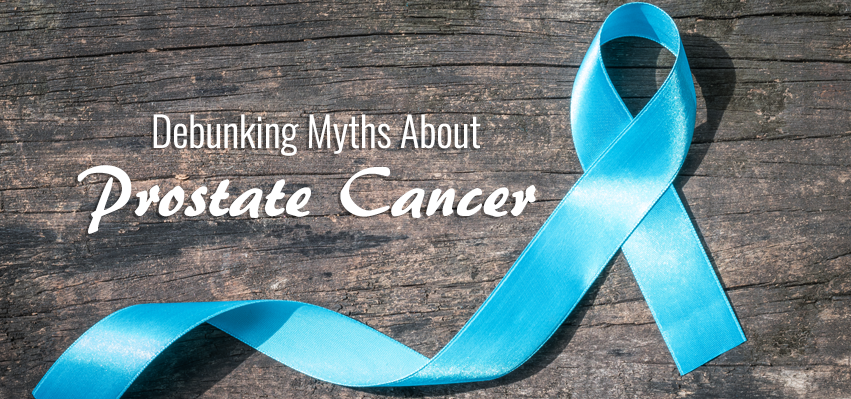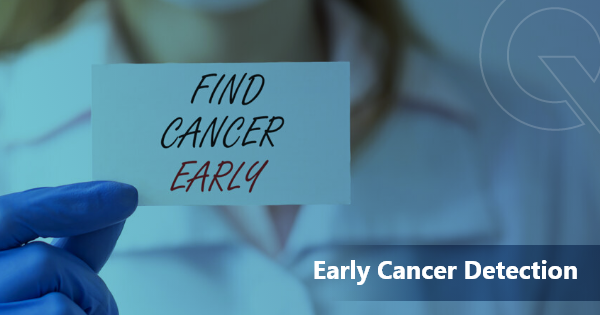Prostate Cancer is one of the most common cancers amongst Indian men. Every year, around 15 lakhs cases of Prostate Cancer are reported in India. It is believed that one in seven men is diagnosed with prostate cancer during their lifetime.
Although it occurs in men of age 65 or older, younger men may also get it. It usually doesn’t show any symptom in the early stage and that’s why routine screenings in the form of digital rectal exams (DRE) and prostate-specific androgen (PSA) are important. Here are some common myths about Prostate Cancer which every man should be aware of:
Myth 1: Prostate Cancer is an old man’s disease.
Fact: Though older men are at a greater risk of developing prostate cancer, however around 35% of cases are reported in men less than 65 years of age. Other than age, other risk factors include race, family history, physical health and lifestyle. The chances get doubled if this type of cancer runs in your family. Talking about ethnicity, prostate cancer is more common among men of African-American heritage.
Myth 2: Prostate Cancer requires immediate treatment.
Fact: All cases of prostate cancer don’t require immediate treatment except for the more aggressive ones. If diagnostic results show that the cancer is growing at a very slow pace, the doctor will suggest a treatment called ‘Active Surveillance’. Through the method of active surveillance, cancer will be monitored over a period of time.
Myth 3: Sexual activity increases the risk of prostate cancer.
Fact: It was once believed that high levels of sexual activity may lead to the occurrence of prostate cancer. However, there is no truth in it. According to some studies, men who had frequent ejaculations were at a lower risk of developing prostate cancer. However, the treatment of prostate cancer may hamper your sex life for a period of time, which may last for 4-24 months.
Myth 4: High PSA score means you have prostate cancer.
Fact: A high PSA score doesn’t prove that you have prostate cancer. It may be an indication of an enlarged or inflamed prostate gland. Your PSA score will help the doctor to decide to weather a biopsy is needed which will further confirm the development of prostate cancer.





